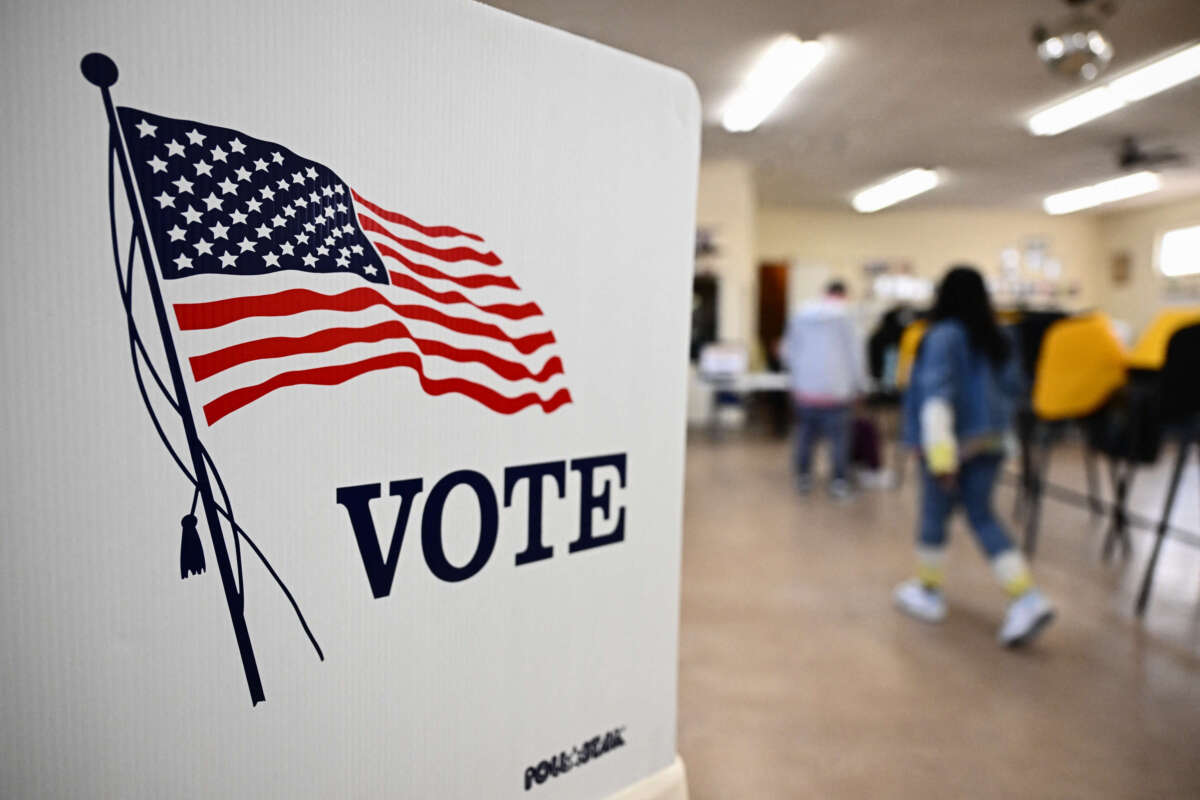A new poll shows that a majority of Americans are supportive of ending the Electoral College — and that Republican voters, who have long been defenders of the archaic system for selecting the president, are trending toward backing away from it.
The Pew Research Center poll, which was conducted from August 26 to September 2, asked voters if they would prefer to implement a popular vote model for president across the U.S., or if they wanted to keep the current Electoral College system in place.
By nearly a two-to-one margin, respondents opted for the popular vote option, with 63 percent voicing support for that change and only 35 percent saying they wanted the current system to remain in place.
Democrats and Democratic-leaning voters were deeply in favor of a popular vote system, with 80 percent saying they backed the idea versus only 19 percent saying they wanted to keep the Electoral College.
Republicans were split, with a slim majority (53 percent) voicing support for keeping the Electoral College and 46 percent saying they wanted the popular vote model.
However, the poll demonstrates an upward swing in support for ending the Electoral College among right-wing voters, suggesting that, depending on how this year’s election plays out, support could grow even higher in the years ahead.
Pew Research has polled on the question of the Electoral College for the past quarter of a century. In 2016, shortly after Donald Trump won the Electoral College but not the popular vote in his contest against Hillary Clinton, support for the Electoral College among Republican voters jumped by 26 points versus the last time they conducted a poll on the question in 2012. Since then, however, support for the Electoral College among Republicans has been waning, with backing for a popular vote model increasing among right-leaning voters.
Polling from Gallup confirms the same trend observed by the Pew Research polls — when the Electoral College helped Trump win, support for the system among Republicans went up. But only a few years later, Republicans were somewhat less inclined to support the Electoral College.
Ending the Electoral College would prevent state political parties from being able to game the system to their advantage. In Nebraska, for example, Republican lawmakers were considering changing how the state allocated its electors in order to benefit Trump in his upcoming presidential contest against Kamala Harris.
The plan was thwarted by one of their own members, however, when Republican state Sen. Mike McDonnell said he couldn’t go through with the move so close to Election Day. McDonnell’s decision brought him the ire of Trump himself, who blasted the state lawmaker on his Truth Social website.
“[McDonnell] decided, for no reason whatsoever, to get in the way of a great Republican, common sense, victory. Just another ‘Grandstander!'” Trump wrote.
Trump’s demands for Nebraska to change its method for allocating electors were hypocritical, as Maine employs the same method. Trump, however, never called for changes to that state’s system, likely because doing so would have given Harris an advantage.
Media that fights fascism
Truthout is funded almost entirely by readers — that’s why we can speak truth to power and cut against the mainstream narrative. But independent journalists at Truthout face mounting political repression under Trump.
We rely on your support to survive McCarthyist censorship. Please make a tax-deductible one-time or monthly donation.
